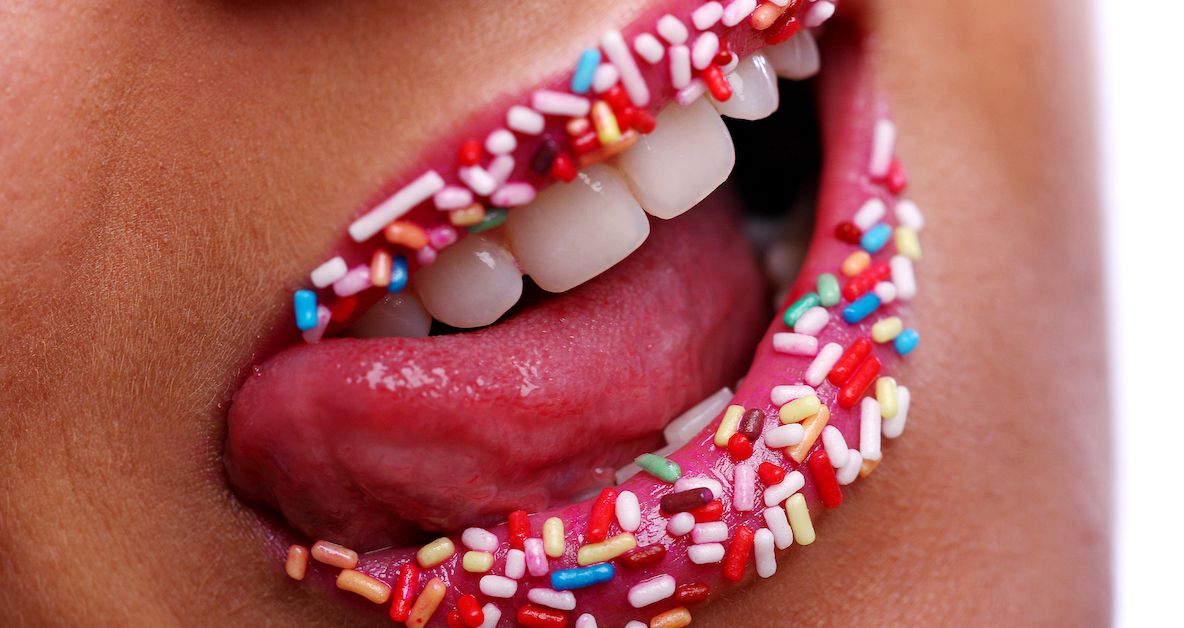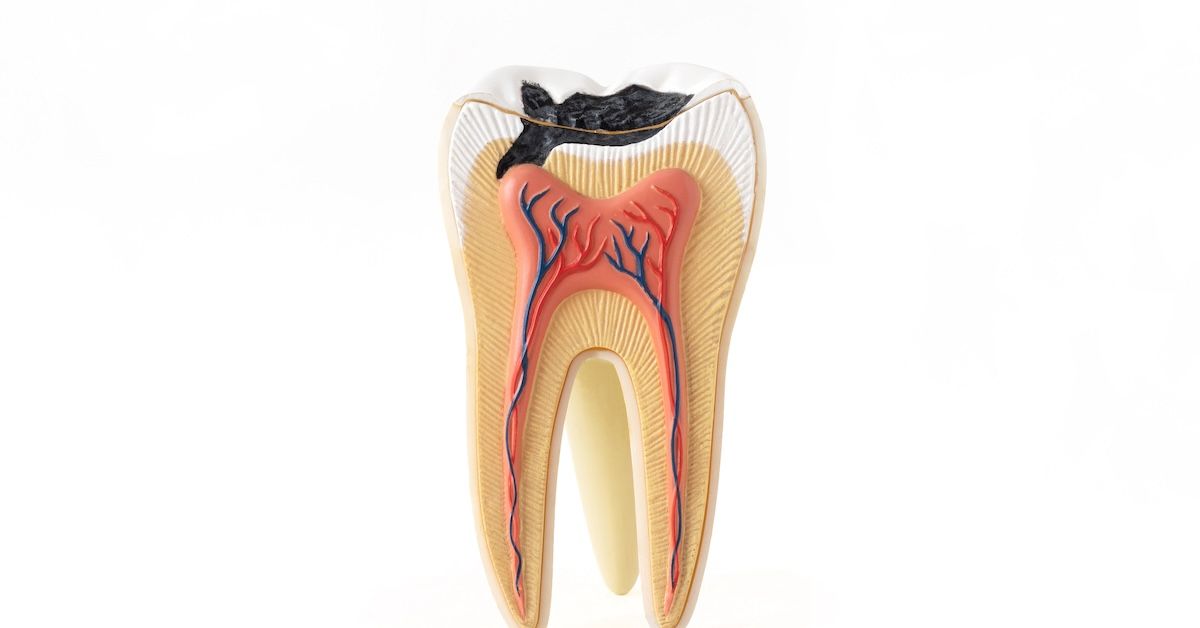Teeth and tooth decay: all about cavities
The World Health Organisation (WHO) emphasises the importance of oral health. They stated in 2021 that untreated dental caries in permanent teeth was the most common health condition according to the Global Burden of Disease.
Before we dive into this oral health crisis, let's take a look at what a cavity is.
What is a cavity?
Most dentists use the term 'cavities' to describe the presence of tooth decay or caries. Technically speaking, the cavity is the hole produced by caries.
What is a dental carie?
Dental caries is a more technical term and refers more specifically to the bacterial disease that starts the decay. It occurs as a result of the bacteria in your mouth that feed on sugar from the foods you eat.
What causes tooth decay?
Cavities and caries can develop from a variety of things, both avoidable and some based on causes outside of our own treatment.
- Chipping your tooth.
- Having a broken tooth.
- The fewer rich vitamins and minerals you eat in your diet.
- Overconsumption of the starchy, carb-rich foods.
- Sugary drinks.
- Certain medications.

Hereditary tooth decay and the effect of medicine on teeth
What causes cavities is a difficult question, as the origin is not the same in all patients.
Weak teeth
Some people have weaker teeth with fine, poorly mineralised enamel, which can be a genetic issue. In these cases, the teeth are more sensitive to plaque acids and therefore are more likely to suffer from cavities.
pH saliva imbalance
The pH of saliva can differ depending on each person and their diet. People with an acidic pH higher than average are more prone to develop cavities.
Cavities as a result of medication
On the other hand, patients who are immunosuppressed by medication also have a higher likelihood of developing dental caries. Their defences are lower, and it is easier for cavities to appear.
Other reasons for tooth decay
- Living in communities with no fluoridated water supplies
- Diets rich in sugary foods and drinks, refined carbohydrates and sweets
- Poor oral hygiene
- Reduced flow of saliva, or dry mouth
- Low pH saliva that produces acid
- Being an older adult
What does a decaying tooth look like?
Now you know what causes them, but how do you know what signs of decay look like in your teeth? Let's tackle that.
- White, brown or black spots can appear on your tooth enamel
- Small holes or pitted areas as the tooth continues to decay
- Sensitivity and swelling
- In the latter stages, black and brown spots may extend to become more prominent caries
Differences between caries and cavities
In simple terms, caries are the infection, and cavities are the holes that those bacterial diseases produce. In the event that caries are not dealt with promptly, they will likely turn into cavities that require root extractions.
How does tooth decay happen?
Caries and cavities are the result of the deterioration of enamel and dentin over time, caused by plaque and germs. As for how tooth decay begins, it all starts with the demineralisation of the tooth's enamel surface. This occurs because plaque, bacteria that excrete acid, demineralises the enamel surface.
You might notice white spots appearing on your teeth at this point, which is an indicator of the start of tooth decay. When the enamel surface is demineralised, the plaque reaches the more porous surface of the dentin.

How to prevent tooth decay
A large percentage of oral health issues and caries could be avoided with better treatment and prevention packages within universal healthcare. There is a significant correlation between poor oral hygiene, plaque buildup, gum health and the incredibly high demand for tooth decay treatment.
Here's how to reduce the risks of tooth decay:
- Opt for fluoride-based toothpastes
- Eat foods rich in fluorides: seafood, shrimp, crab and nuts, such as almonds and walnuts
- Visit the dentist regularly so that early tooth decay can be detected
- Speak to your dentist about putting an appropriate dental care plan in place
- Take the time to brush your teeth each day with fluoride toothpaste
- Don't brush your teeth too harshly, as it can remove enamel, but DO make sure it's for 3 minutes
- Include the use of dental floss in your daily regimen and interdental brushing if you have gaps between your teeth

Children's tooth decay
Preventing cavities begins with adopting good hygiene habits. Like all habits, oral hygiene must be instilled from an early age, as cavities can even appear in baby teeth.
Parents are advised to check their children's teeth regularly and to remain vigilant during adolescence, as brushing is often forgotten. It is recommended to brush your teeth at least twice a day for 2 minutes. Ideally, brush your teeth after every meal to maintain good oral hygiene and keep your teeth clean.

Can you get aligners with cavities?
Our priority is the dental health of our patients, so if the patient has any cavities that have not been treated previously, our recommendation would always be to treat the cavities before starting to use clear aligners.
During your first visit to Impress, a panoramic X-ray and oral exam are performed. These free evaluations help us detect problems that would hinder your aligner treatment and transformation. Fancy a free evaluation with us?
Book your appointmentOther ways to connect with us
If you're ready to start your teeth straightening journey and could benefit from a free orthodontic evaluation, find your nearest Impress clinic. You can also contact us by making an appointment through our website, by phone or by WhatsApp at +44 20 3808 1072.
FAQs about dental caries
How to stop tooth decay pain?
If your cavity pain is becoming more noticeable, it means that it is in a relatively advanced state. In this case, it's best to make an appointment as soon as possible with your dentist in order to solve it.
Can you reverse tooth decay?
You can reverse tooth decay as long as it is in an initial stage, that is, when there was plaque present but it caused little demineralisation (it did not completely perforate the enamel surface). In this case, it can be reversed with hygiene and the application of fluoride.
Can tooth decay spread?
The main bacteria that cause cavities are Streptococcus Mutans, and it is transmitted between humans, so you need to be careful with seemingly harmless practices such as sharing a glass or cutlery.
How long can you leave a cavity untreated?
Cavities should not be left untreated as they can lead to more serious problems. If you have any symptoms, see your dentist.
Does tooth decay cause bad breath?
Yes, one of the consequences of cavities is bad breath.




